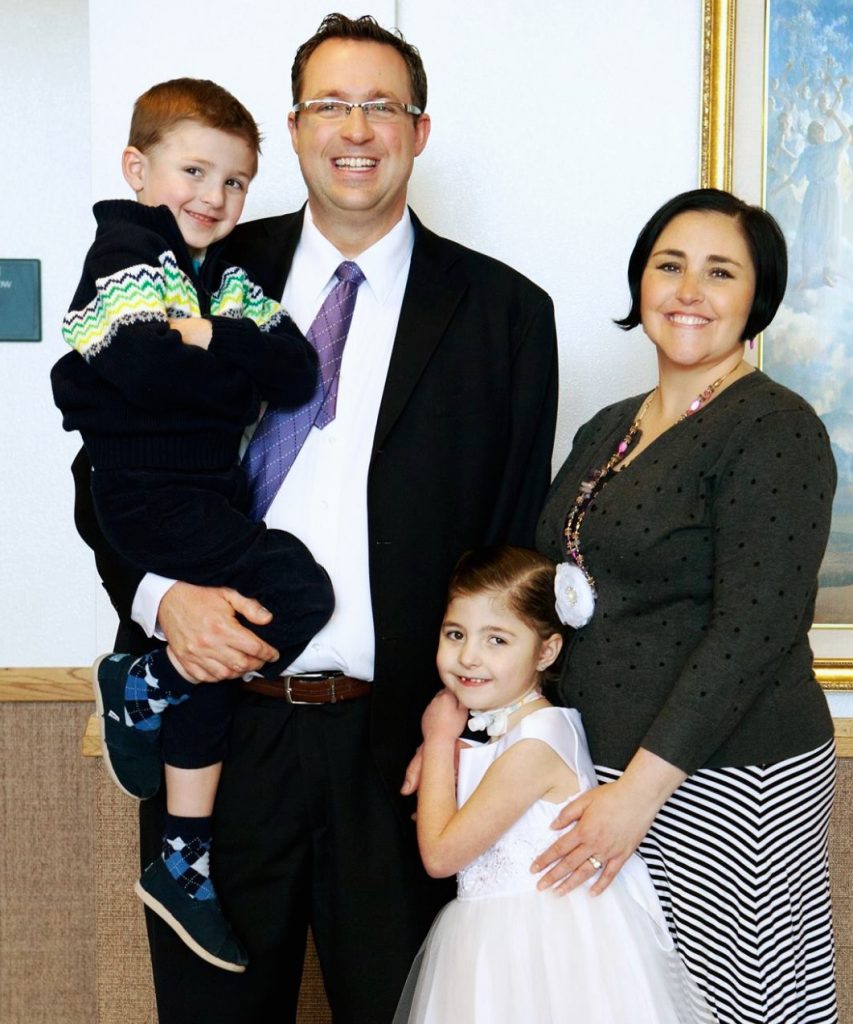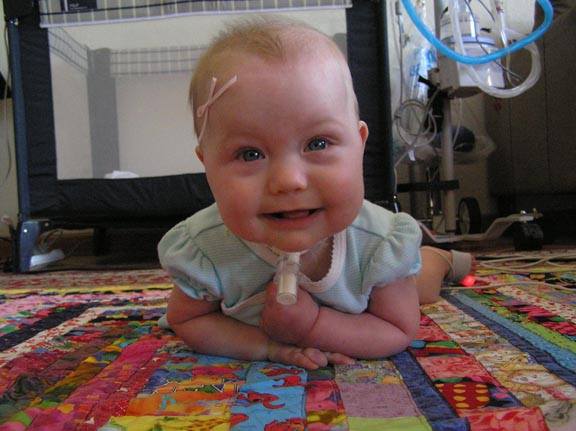Who Should Be Tested?
PHOX2B gene testing is recommended for:
- infants with central hypoventilation at birth or in the first month of life
- patients with unexplained central hypoventilation manifesting after the first month of life
- hypoventilation manifesting in the setting of general anesthesia or sedative use
- adults presenting with unexplained central sleep related hypoventilation
- patients presenting with Hirschsprung’s disease and hypoventilation
- patients presenting with dysautonomia and hyperventilation
- patients presenting with neural crest tumors and hypoventilation
- patients presenting with hyperinsulinism and hypoventilation
- any child born to a parent with known CCHS
- parents of children with CCHS
- patients with hypoventilation associated with rapid onset obesity and hormonal disturbance


